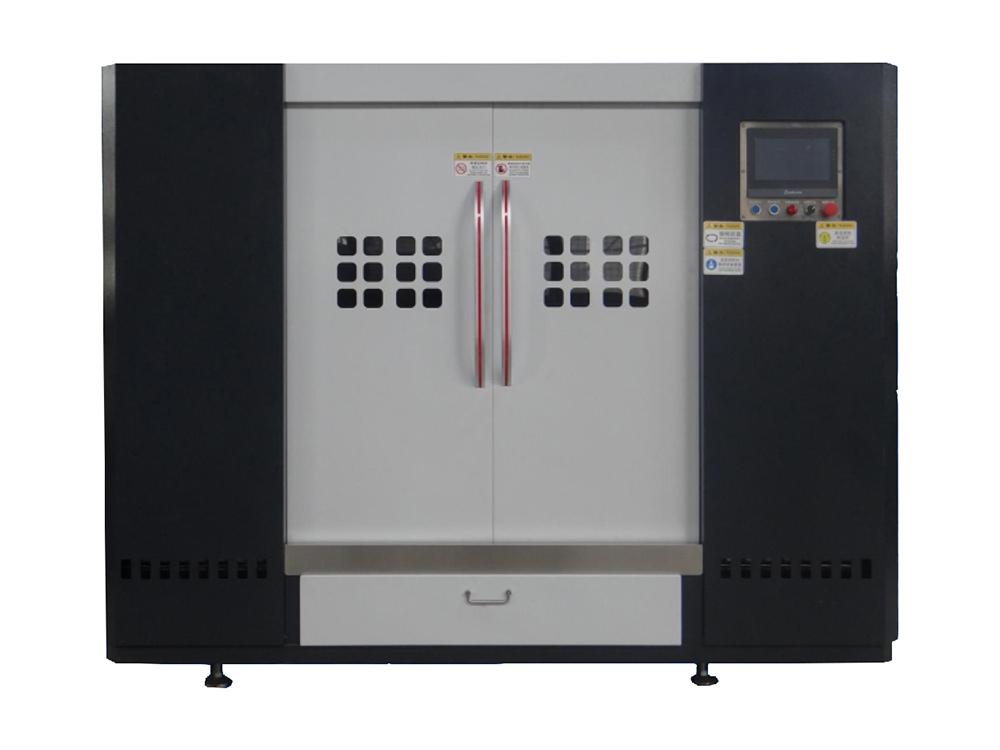
# Dry Polishing Machine: Efficient Surface Finishing Solution
## Introduction to Dry Polishing Machines
Dry polishing machines have revolutionized the surface finishing industry by offering a clean, efficient, and environmentally friendly alternative to traditional wet polishing methods. These machines utilize advanced technology to achieve high-quality finishes without the need for water or other liquids, making them ideal for various industrial applications.
## How Dry Polishing Machines Work
Unlike conventional polishing systems that require water for cooling and lubrication, dry polishing machines operate using specialized abrasives and precise mechanical action. The process involves:
– High-speed rotation of polishing heads
– Controlled pressure application
– Specialized abrasive materials
– Effective dust extraction systems
This combination allows for efficient material removal while maintaining surface integrity and minimizing heat buildup.
## Key Advantages of Dry Polishing
### Environmental Benefits
One of the most significant advantages of dry polishing machines is their reduced environmental impact:
– No water consumption
– Minimal waste production
– Elimination of wastewater treatment needs
– Reduced chemical usage
### Operational Efficiency
Dry polishing systems offer numerous operational benefits:
– Faster processing times
– Lower maintenance requirements
– Reduced cleanup time
Keyword: dry polishing machine
– Consistent finish quality
– Improved workplace safety
## Applications Across Industries
Dry polishing machines serve diverse industries with their versatile capabilities:
### Metalworking Industry
– Automotive component finishing
– Aerospace part polishing
– Tool and die surface treatment
### Stone and Concrete Processing
– Marble and granite polishing
– Terrazzo floor finishing
– Concrete countertop refinement
### Glass Manufacturing
– Edge polishing
– Surface refinement
– Optical component finishing
## Choosing the Right Dry Polishing Machine
When selecting a dry polishing system, consider these factors:
– Material type and hardness
– Required finish quality
– Production volume
– Available workspace
– Power requirements
– Dust extraction needs
## Maintenance and Care
Proper maintenance ensures optimal performance and longevity:
– Regular abrasive replacement
– Dust collection system cleaning
– Bearing lubrication
– Motor inspection
– Alignment checks
## Future Trends in Dry Polishing Technology
The dry polishing machine industry continues to evolve with:
– Smart monitoring systems
– Automated abrasive changing
– Energy-efficient designs
– Advanced dust filtration
– AI-powered process optimization
## Conclusion
Dry polishing machines represent a significant advancement in surface finishing technology, offering industries an efficient, eco-friendly, and cost-effective solution. As technology continues to improve, these systems will likely become even more versatile and widely adopted across various manufacturing sectors.